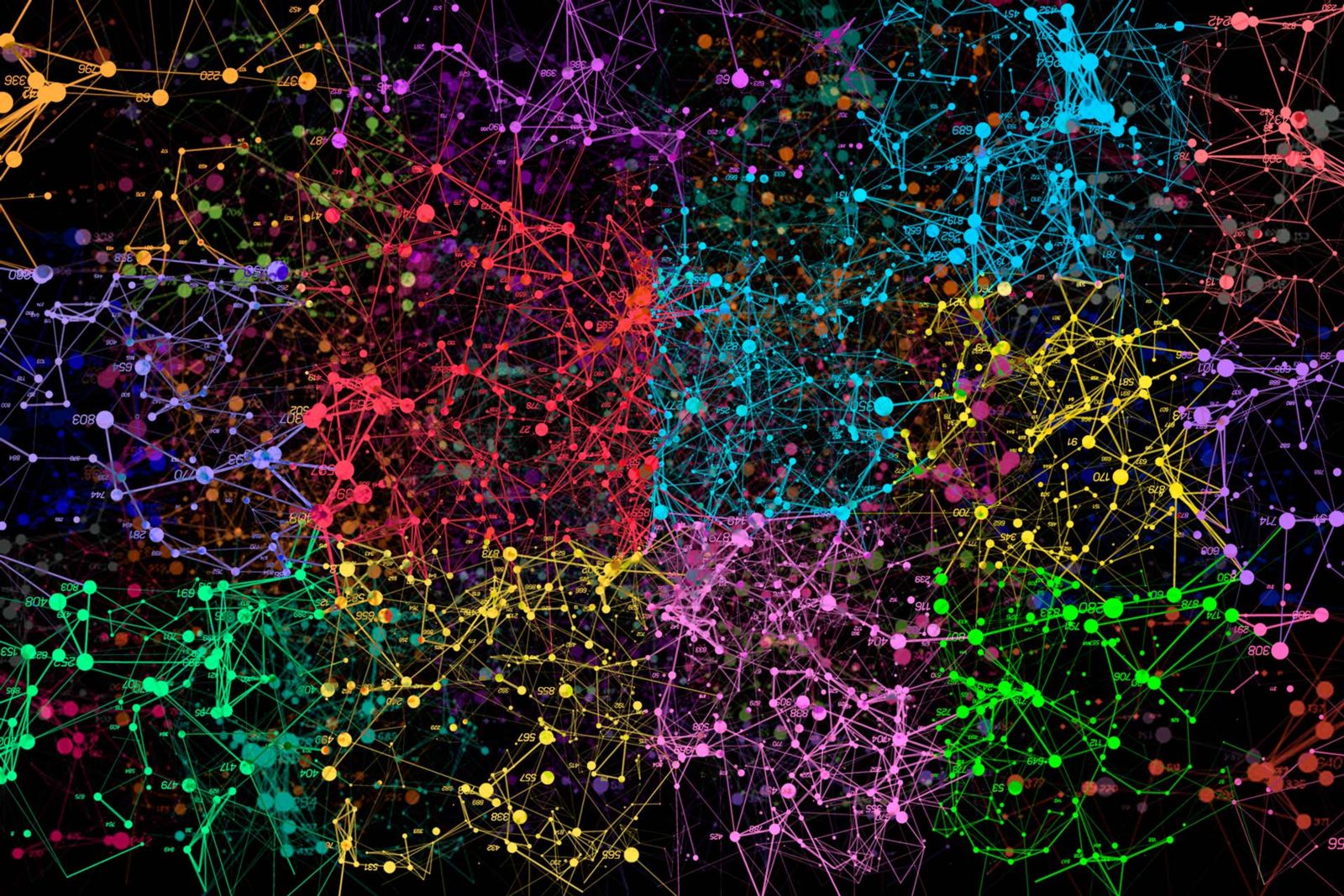Understanding that a small shift in the political or technological equation today can create waves into the next decade, this post will provide a rough compass of how things might evolve by reacting to certain assumptions. Far from offering a set of predictions, we relied on an exploratory methodology to construct different scenarios aimed at fostering discussion around the types of risks and opportunities the future might have in store, and the types of actions we might need to be taking now to shape the odds we will face down the line.
The context behind the following scenario is one of loose datafication, where individuals build isolated communities based on the control of their own data. The goals of these self-generating processes are to create value without an established framework that might require any form of governance or enforcement. The scenario is the following:
Tides of loose datafication

Following the decade of violence triggered by the collapse of ecosystems, dispersed groups coalesce to produce and collect very specific data. These groups form strategic alliances to discuss how core communications infrastructure is to be maintained, and agree upon values that define how their data can be used.
Each data cluster reflects specific communities and their needs, and such clusters often join other clusters when circumstantial needs or interests are aligned. People’s identities are also shaped by their choice of clusters, since in choosing a cluster they are also flagging and disclosing the elements and characteristics they consider to be most representative of their identities.
These data entities—often, and for purely cultural reasons, formed around historical legal figures such as trusts or cooperatives—are constituted based on self-generating values. Once the parameters are discussed and set, the entities are capable of autonomously bargaining on behalf of its members with other entities regarding how the data can be accessed and used.
Thus, for example, groups that are more privacy-wary may not want to include their data on health-related databases. On the one hand, this has benefits for the group—as their privacy rights are secured—but may have wider societal costs as health-related research could benefit from more diverse and complete data sets. On the other hand, involvement in such processes of democratic governance over data helps develop people’s ability to engage with core questions regarding datafication, providing for resilient and innovative societies.
However, since these autonomous systems compete and often displace the role of centralized institutions as the main definer of data governance, some public actors are striving to limit the ability to scale. They argue that societies require power to be centralized in public authorities, with the ability and standing to exercise such power, even against the interests of specific individual hold-outs.
On how we sketched this scenario
In this abridged version of the methodology, we first attempted to identify the forces that shaped the past by carrying out desk research to better understand how the past blended into the present. In that process, we strived to identify and synthesize some of the key technological trends on the one hand, and socio-political processes shaping them on the other.
Then, we collaborated in developing a set of fictional stories regarding the future, following the method for an exquisite corpse. Immersed in such a dynamic of executive and non-judgemental collaboration, we quickly shifted to discussing the two key axes that could determine the ways in which datafication would evolve. We then discussed the types of worlds different combinations of elements might provide.
Lastly, after several rounds of revisions, we engaged once again with the literature and historical processes in order to provide a thought provoking reflection.
This post is a revised extract from an upcoming report by JustLabs and OpenGlobalRights on the the impacts that the process of datafication’s impact has had on public and intimate spaces over these past decades, and how the way in which the risks and opportunities played out in the past can inform our foresight into how this process might impact our rights and interests in the near future. You can access the full report here.

